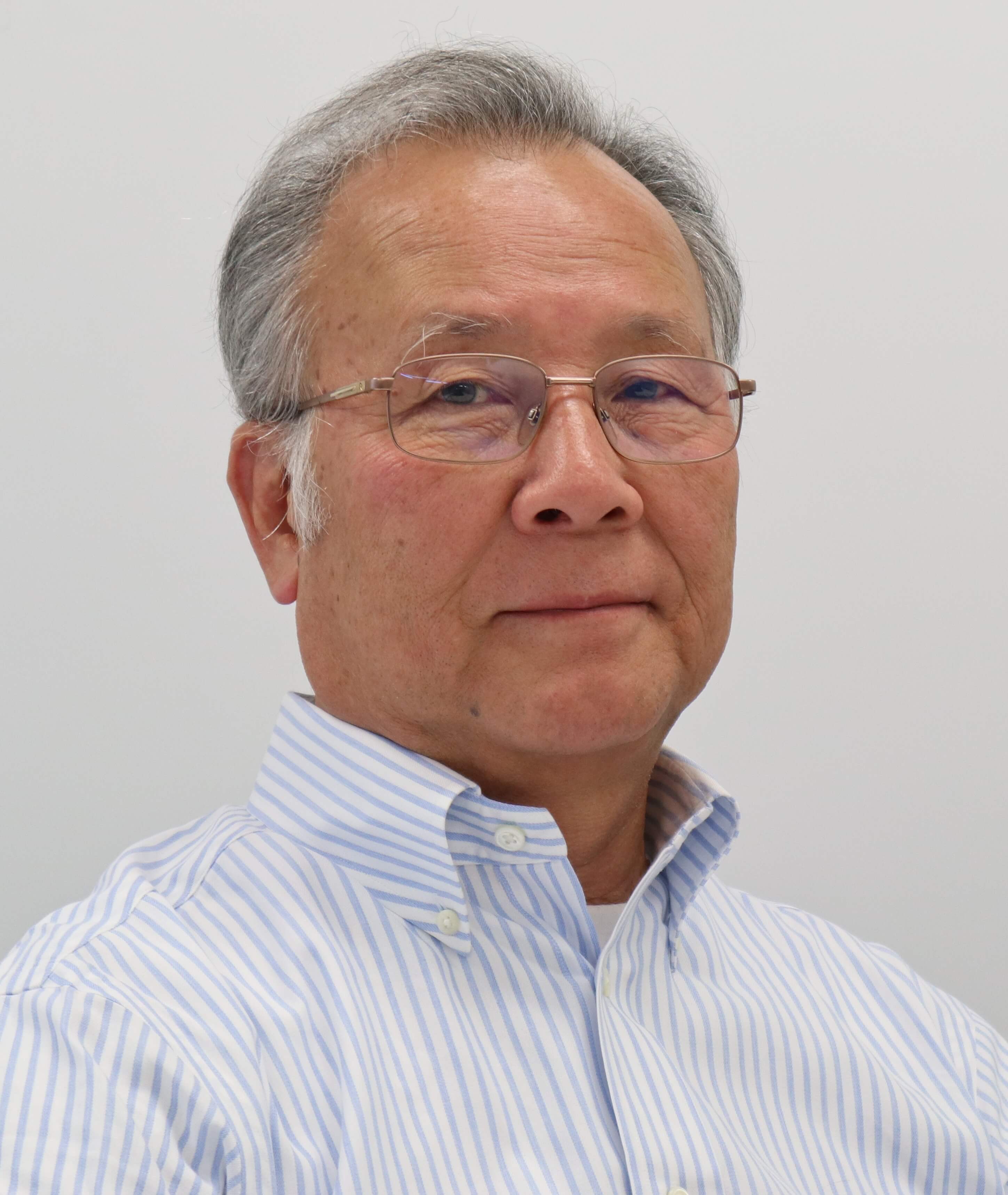Energy management has been the primary smart home application in Japan. Since the Great East Japan Earthquake in 2011, the government of Japan has put greater emphasis on building energy-efficient smart homes and supportive devices.
Japan’s smart home market is expected to reach US$5 billion by 2024, growing almost five-fold from the size in 2017, according to Renub Research.
Energy management has been the primary smart home application in Japan. Since the Great East Japan Earthquake in 2011, the government of Japan has put greater emphasis on building energy-efficient smart homes and supportive devices.
The earthquake caused a series of crisis including nuclear power plant damages and electricity shortage as a consequence. Demand for home energy saving rose, as utility cost during peak hours can be six times higher than the lowest rate.
Many households therefore installed smart meters, solar cells and power storage devices, which need to be controlled via home energy management systems. The government then put down another 30 billion Japanese yen (about US$267.5 million) in 2011 to facilitate the implementation of home and building energy management systems.
The government also initiated establishing the ECHONET wireless protocol designed specifically for smart home devices. The
 Tracy Tsai,
Tracy Tsai,
VP Analyst, Gartner
protocol, which is claimed to be compatible with 100-plus types of devices, is the wireless communication choice of the smart meters in Japan. Many families purchased ECHONET-compatible devices in order to get the government subsidy.
Smart meters help homeowners monitor and conserve their energy use. “In Japan, there is an energy-saving policy that encourages the homes to install smart meters that can monitor the usage of the utility and are also easier to connect to other home devices,” said Gartner’s VP analyst Tracy Tsai.
Demand Response in Asian countries
It is worth noting that Demand Response (DR), the program that allows utility users to shift appliance use schedules according to electricity rates to save energy use and expenses, can potentially become popular in growing number of developed Asian countries.
"While developing countries are yet to take to DR, developed countries like Japan, Australia, South Korea and Singapore are proving enthusiastic adopters, mainly due to their widespread smart meter rollouts,” said Melvin Leong, an associate director specializing in energy at Frost & Sullivan. Residential smart meter installations in these countries are in progress and will be key to customer participation, Leong added.
Countries such as Japan and Singapore have already developed DR regulations and are in the process of testing DR to assess its viability and arrive at the right mix of incentives to encourage private participation. Most nations will start implementing best-fit solutions post 2020, Frost & Sullivan predicted.
Smart healthcare in Japan
While energy management has been Japan’s focus of smart home applications, the country is ready to make inroads in other areas like remote diagnosis and elderly care.
“In Japan, efforts toward energy saving and an aging society are considered to be critical,” said Sunao Yamada, secretariat of ECHONET Consortium, the institute that creates and promotes the ECHONET standard. “To cope with our aging society, there is an increasing need in home service applications to provide healthcare and security services that help the aged to be safe every day.”
Today the ECHONET protocol can be used not only for energy management, but also for comfort support, home security, home
 Sunao Yamada,
Sunao Yamada,
Secretariat,
ECHONET Consortium
healthcare, remote device maintenance and mobile services.
ECHONET have probably played an important role in promoting smart homes in Japan. The government has established subsidy programs to encourage the construction of “Net-zero Energy Houses” that incorporate ECHONET Lite devices.
“In the future, the application scope of the ECHONET Lite standard will extend beyond energy management, like healthcare and home security,” Yamada noted. “The government has started to focus on healthcare, remote diagnosis and nursing care to cope with Japan’s aging society.”
Other wireless protocols in Japan
While ECHONET has broad adoption, it is not the only smart home protocol available in Japan. A large-scale IoT solution corporation that doesn’t want to be named says it has the complete and well-proven smart home sensor technologies using low-power protocols like Zigbee, Z-wave and Bluetooth as well as low-power wide-area network like NB-IoT that have been proposed to Japanese customers.
A staff from the IoT company said ECHONET may be “robust” because it’s the domestic standard. The downside is that it has higher cost and not many device types use the protocol, with electricity meter being the most popular one.
The Z-Wave Alliance has also made its presence known in Japan. Fibaro, one of the alliance members, recently presented its whole line of smart home products, saying that the products conforming to local standards and needs will soon be available in Japan.
LoRa technology provider Kerlink with operations in Europe, Asia and Americas, also announced entry into the Japanese market. “Japan is a very large potential market for IoT deployments in the key verticals, such as smart cities, smart industry, asset tracking and smart health,” said Robert Clapham, Kerlink’s assistant general manager.
“We have seen growing interest among Japanese ICT companies and smart city proponents in deploying both public and private LoRaWAN networks,” Tsuneo Tatara, general manager of Kerlink Japan KK, said in a statement.
Local companies have the edge
“It is true in Asia as in other regions, that localized companies which already have significant customer bases and can bring products/services to existing and new customers tend to have the most success with their smart home venture,” said Jonathan Collins, Smart Home Research Director at ABI Research. This can be telecom service providers like China Unicom and SK Telecom in South Korea, consumer electronics brands like Samsung, Xiaomi and Hisense, or Internet related service providers like Baidu, JD.com and Alibaba.
Thanks to its growing economy and burgeoning middle class, China is leading in smart home product shipments in Asia. Japan is also a leader in the pack, although “moving at a more conservative speed,” since local Japanese vendors in general want to make sure the user experience is right and that their solutions do satisfy user demand before they make the launch, Gartner’s Tsai pointed out.
In summary, smart energy management is gaining traction in Asia. More governments are pushing for household adoption, with more developed countries like Japan, South Korea and Singapore taking the lead. Japan is moving relatively fast in smart technologies and is ready to advance from smart energy to smart healthcare applications.